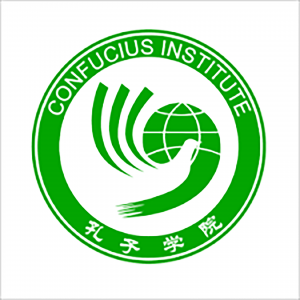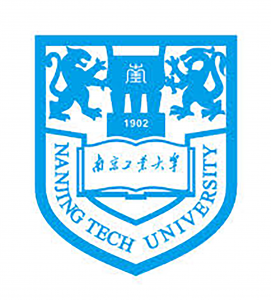Confucius Institute
In July 2014 the Vice-Chancellor of the University of Johannesburg, Prof Ihron Rensburg, signed an agreement with Nanjing Tech University and Hanban to establish a Confucius Institute at the University of Johannesburg. In terms of the agreement, the UJ CI:
- Provide Mandarin courses (introductory, intermediate and advanced) for UJ staff and students, the general public, businesses, organizations and government departments
- Establish CI classrooms in primary and secondary schools in UJ’s feeder areas
- Promotes Chinese culture by organizing cultural events
- Organises academic activities concerning Chinese language research and Chinese studies.
- Organises exhibitions, performance, movies or contests related to promoting Chinese language and culture
- Organises HSK tests
- Encourages principals of schools to visit China
- Encourages participation in the Chinese Bridge programme


Why Study Mandarin?
The South African Government has entered into the BRICS agreement which has resulted in a number of commerce, trade, industry, science, academic, political and social agreements and exchanges. China has become an important partner to South Africa, and as a result it has become important for many South Africans, from different spheres, to learn to speak, read and write Mandarin. The UJ Confucius Institute will be offering Mandarin on different proficiency levels. Contact with Chinese colleagues, however, extends beyond language, and an understanding of Chinese culture is essential. The UJ Confucius Institute will also be offering a number of cultural courses and events to enhance a better understanding of Chinese culture. For studies in China, students must be relatively proficient in Mandarin, therefore UJ students will benefit from doing the short courses in Mandarin. Being able to communicate in Mandarin will open up opportunities for students to study in China, and given the number of MOUs and MOAs that UJ have entered into with a number of universities in China, will enable smoother communication between UJ and Chinese academics.
